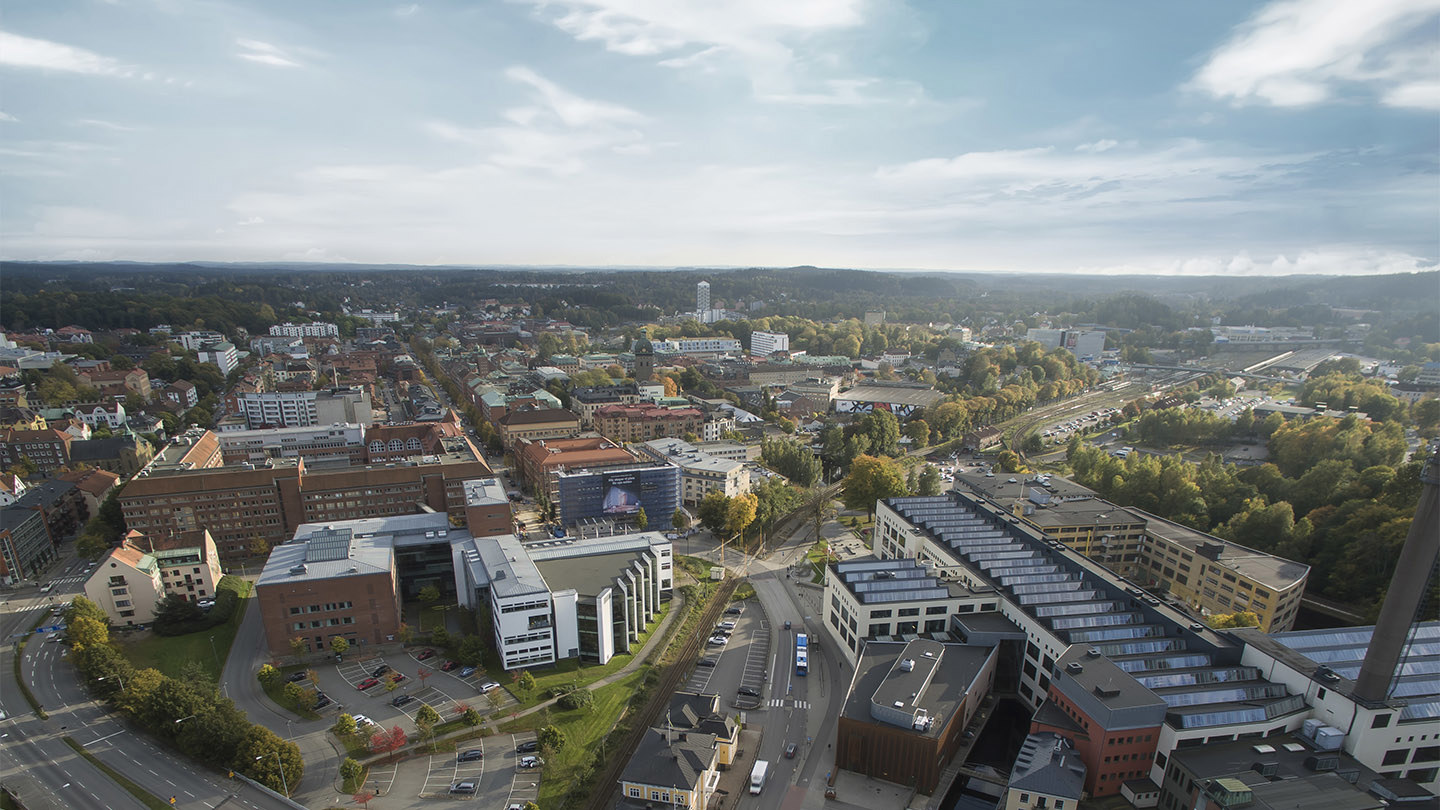Sustainable development research receives funding
2021-11-09

Sparbanksstiftelsen Sjuhärad has a long tradition of supporting research at the University of Borås. It is also one of the few funders that provides grants for equipment. This year, seven researchers have received a part of the funding for their respective projects from this foundation, totalling 1.1 million SEK.
These research projects aim to find solutions to societal problems, both locally here in the region of Sjuhärad and internationally. Researchers at the Swedish School of Library and Information Science collaborate, for example, with Södra Älvsborgs Räddningstjänstförbund (a municipal association concerning emergency services) in a project on information management and knowledge sharing with various organisations in relation to flooding risk in Sjuhärad municipalities.
“We are happy to have received funding to start up this project. In the event of a major flood, information management and communications are key and it can be difficult when many different organisations have to work together. We hope to gain a greater understanding of the obstacles and challenges that may exist,” said Maria Lindh, Senior Lecturer at the Swedish School of Library and Information Science.
Also participating in the project are Senior Lecturer Birgitta Wallin and Lecturer Kayvan Yousefi Mojir.
Purifying wastewater from pharmaceutical residues
Another project has to do with purifying wastewater. Today, existing water treatment plants are unable to remove pharmaceutical residues completely, which means that many watercourses contain a cocktail of substances. Mohammad Neaz Morshed, a researcher at the Swedish School of Textiles, has worked on a purification process that involves functional textiles to purify toxic wastewater from, for example, textile wastewaters.
“The process will be cheap and efficient, and we can optimise it so that it works to mineralise pharmaceutical residues at maximum level. There are many reasons why we do not want such residues in our waterways and in our bodies; for example, there is the risk of developing resistance to certain drugs,” said Mohammad Neaz Morshed.
In this project, he works together with Vincent Nierstrasz, Professor of Textile Materials Engineering at the Swedish School of Textiles.
These projects have received funding from Sparbanksstiftelsen Sjuhärad
- Digital storytelling in social media prolongs clothing usage, Jamila Siamwalla, SEK 170,000
- Functional textiles for removing pharmaceuticals from wastewater, Mohammad Neaz Morshed, SEK 300,000
- Information management and collaboration related to flooding risk in Sjuhärad municipalities, Maria Lindh, 125,000
- Biodegradation of renewable composites, Dan Åkesson, SEK 200,000
- Granta Edupack software for sustainable development of recyclable textile polymer materials, Pooria Khalili, SEK 160,000
- Food selection survey on upcycled food, Kamran Rousta, SEK 130,000
- Application for Scientific Equipment – SimaPro Software for life cycle assessment studies, Pedro Brancoli, SEK 46,000.
Sparbanksstiftelsen Sjuhärad, through its grants, works to promote sustainable development. Sustainable development means "development that meets the needs of today without jeopardising the ability of future generations to meet their needs." This includes ecological, social, and economic sustainability.
On 1 December, these research projects will be highlighted at the Days of Knowledge event at Borås Congress Centre (for specially invited guests).
Research at the University of Borås
Lina Färm, translation by Eva Medin
Johannes Glans

